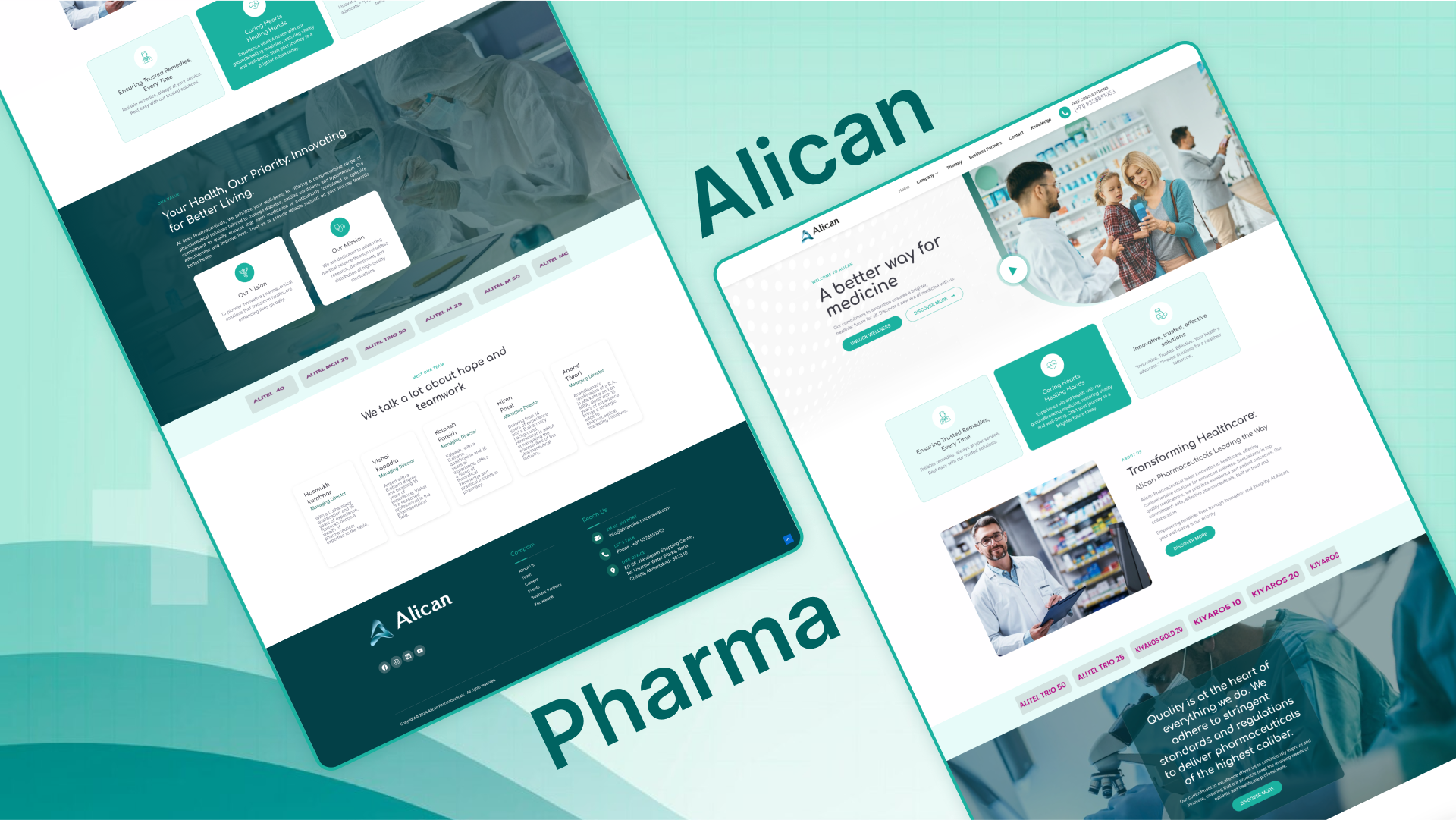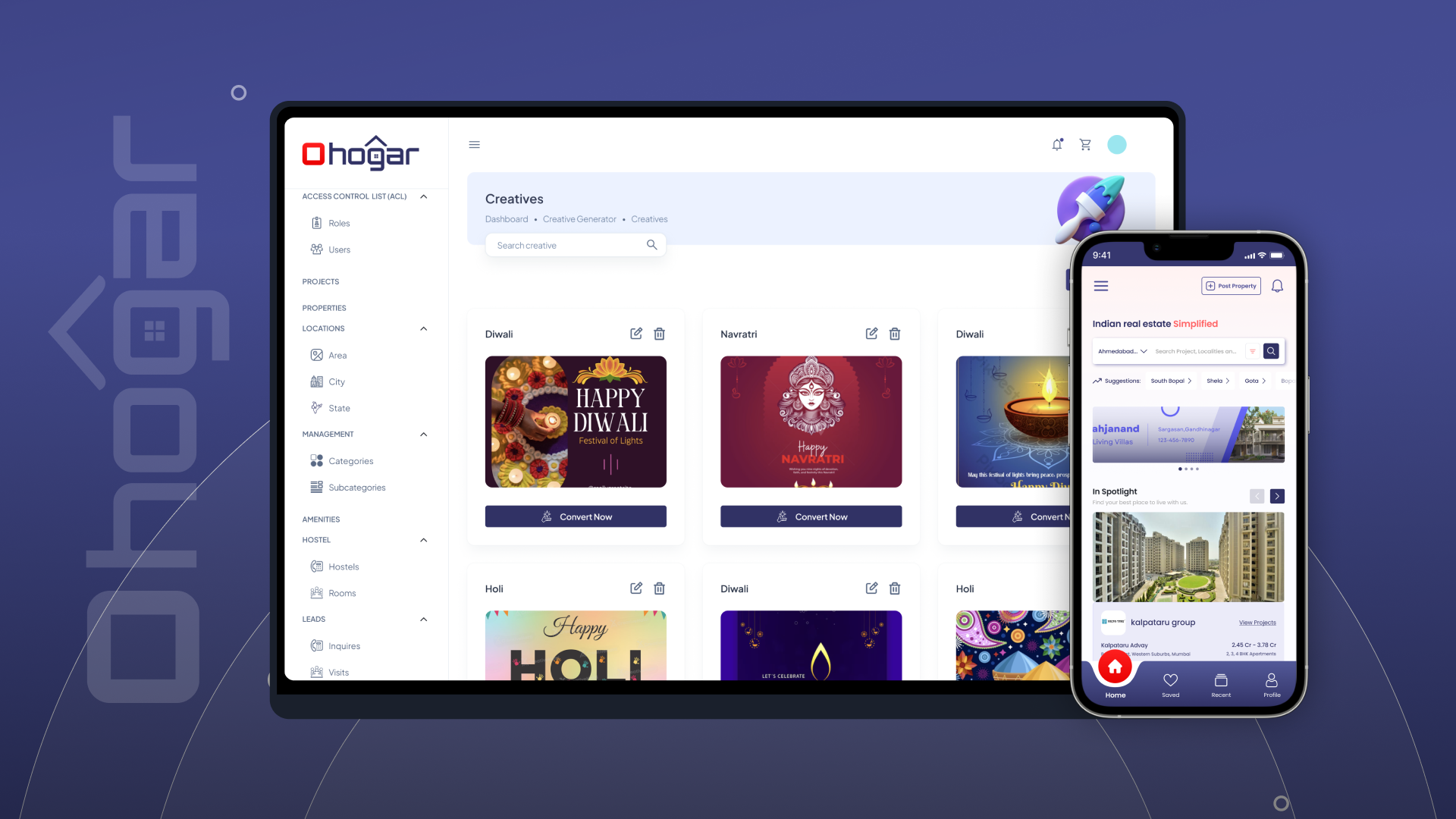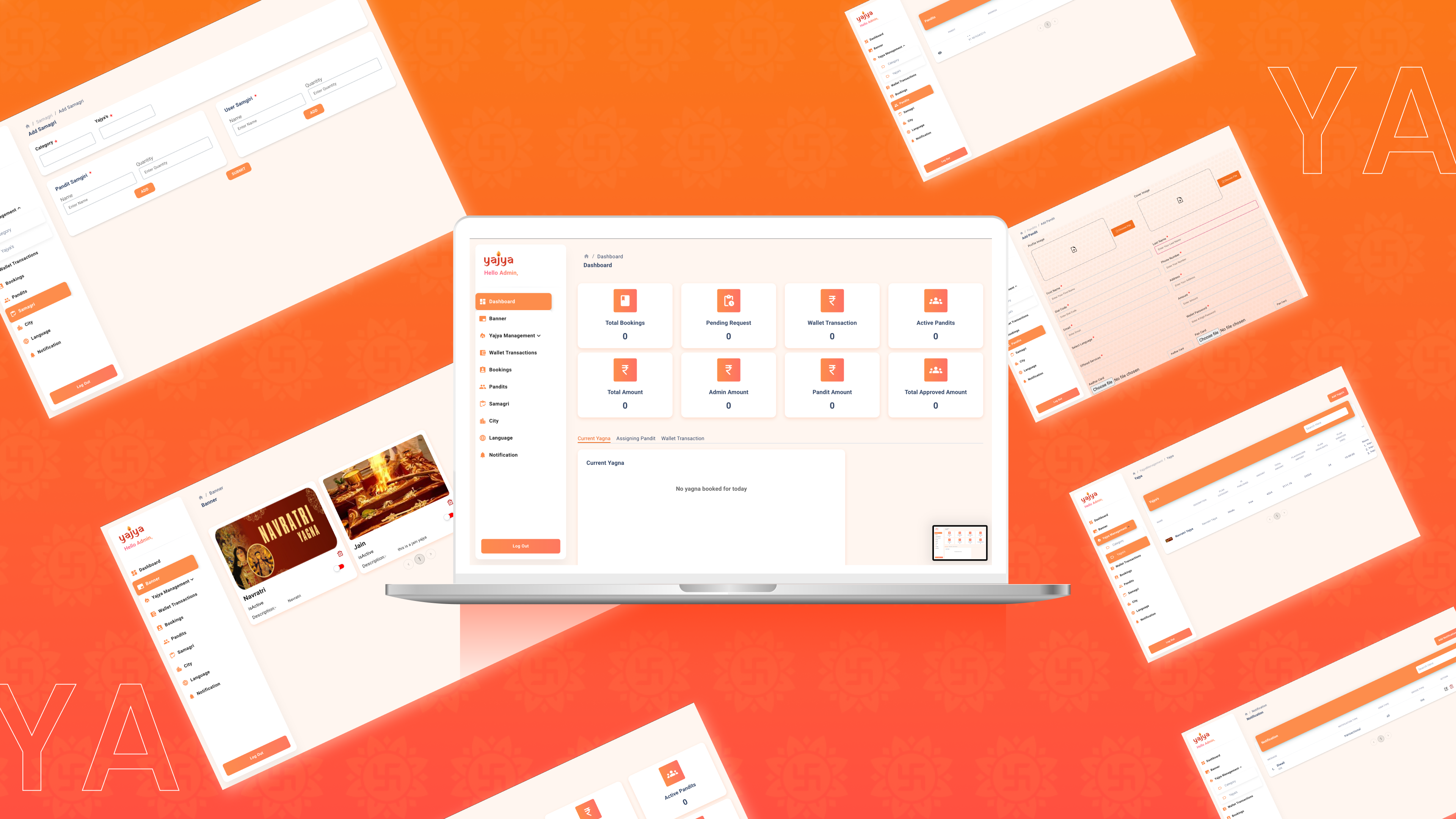
We ensure a seamless Jira deployment, configuring it to align with your business processes for optimal workflow management.
Enhance efficiency with tailored automation rules, reducing manual work and ensuring smooth task transitions.
Leverage Jira’s Agile and Scrum tools for sprint planning, backlog management, and real-time progress tracking.
Integrate Jira with essential tools like Confluence, Bitbucket, Slack, and third-party applications to create a connected ecosystem.
Gain valuable insights with customizable dashboards and reports to track team performance and project progress.
Secure your projects with customizable permissions, ensuring data privacy and access control based on user roles.
Seamlessly integrate our top-tier developers into your workflow.
Boost your team’s capabilities without the overhead of full-time hires.
Access on-demand expertise whenever you need it.






















OpenShift is a Kubernetes-based open-source platform by Red Hat that allows developers to build, deploy, and manage containerized applications in the cloud or on-premises. It provides additional tools for continuous integration and continuous delivery (CI/CD).
Kubernetes is a container orchestration platform, while OpenShift is a platform built on top of Kubernetes. OpenShift adds features like an integrated development environment (IDE), security policies, and developer tools to streamline the deployment and management of applications.
OpenShift Container Platform is the enterprise version of OpenShift. It provides a full suite of tools for building and managing containers, offering robust security, automated updates, and integrated DevOps features for businesses.
OpenShift implements strict security policies, such as Role-Based Access Control (RBAC), built-in SELinux support, and network isolation for containers. It ensures that developers follow best security practices and offers out-of-the-box security features.
Operators in OpenShift are extensions to Kubernetes that automate the management of complex applications. They allow you to package, deploy, and manage your application in an automated, scalable way, handling tasks like upgrades and backups.
OpenShift supports multi-cloud and hybrid environments. It can run on public clouds like AWS, Microsoft Azure, Google Cloud Platform, or on-premises with OpenShift Container Platform, providing flexibility for deployment strategies.
OpenShift offers built-in CI/CD pipelines through OpenShift Pipelines (based on Tekton) and Jenkins integration. These pipelines automate application testing, building, and deployment, helping streamline software development lifecycles.
OpenShift Online is the hosted version of OpenShift, offered as a Platform-as-a-Service (PaaS). It allows developers to build and host applications on OpenShift without managing infrastructure, with a free tier for small projects.
Yes, OpenShift is ideal for microservices architectures. It allows developers to deploy, scale, and manage microservices in containers, ensuring that each service can be independently updated and managed.
OpenShift automatically scales applications based on traffic and resource consumption using Kubernetes' native autoscaling capabilities. Developers can define scaling policies, and OpenShift will scale pods up or down as needed.
All copy right reserved 2025 @CodnestX